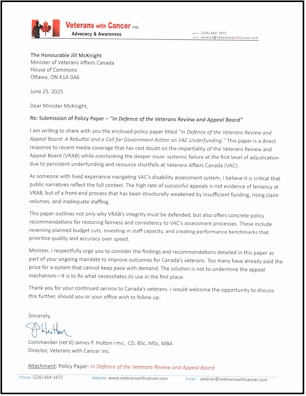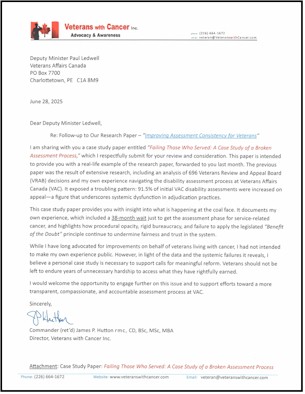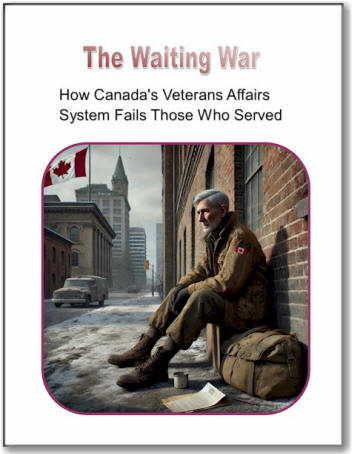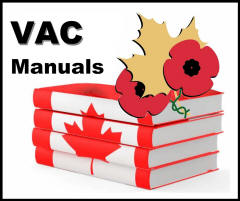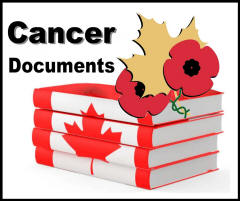|
No veteran should have to wait four years struggling to receive
the support they are due. When Canadians join the Armed Forces,
they accept unlimited liability—an agreement to risk their lives
for government missions. In return, Canada owes care and
compensation for service-related injuries. This is not charity.
This is the price of the contract. The current system violates
this covenant, treating those who bore the nation's risks as
adversaries rather than citizens owed a debt of honour.
This paper outlines five
evidence-based reforms that would dramatically reduce wait times
and save taxpayers millions: mandate direct veteran contact
before rendering decisions, empower frontline critical thinking,
remove physicians from routine objective assessments, report
actual wait times transparently, and address the decision-makers
whose systematic undervaluation drives the appalling reversal
rate.
We have written to the Minister of Veterans
Affairs requesting that she immediately establish an task force
to implement these reforms within 12 months. Veterans who
accepted unlimited liability in service to Canada deserve better
than a system designed to exhaust them into submission. |


